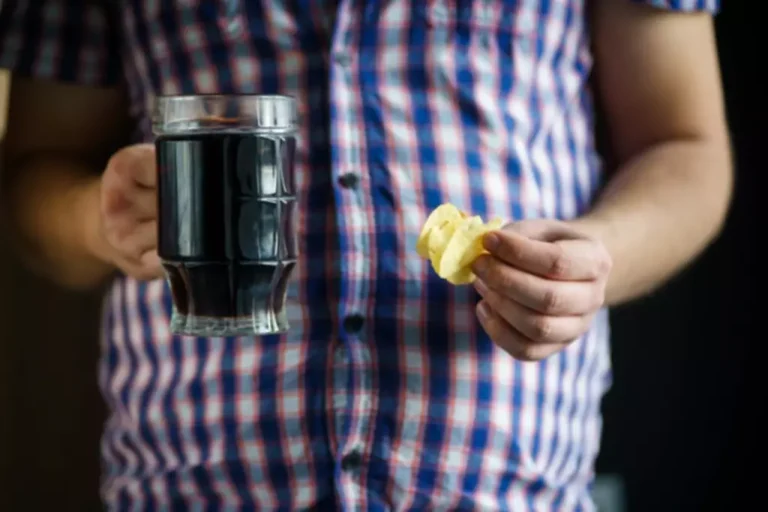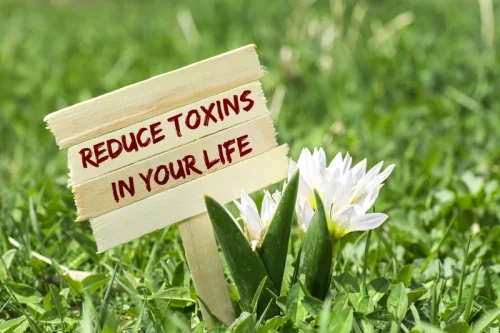
Studies of outcome of addiction treatment may use one term or the other, but they typically measure the same effects. Still, some people in the addiction-treatment field reserve recovery to mean only the process of achieving remission and believe it is a lifelong enterprise of avoiding relapse. Recovery suggests a state in which the addiction is overcome; clinical experience and research studies provide ample evidence.

Emotional Processing
Think about what you can do right now to continue on your journey in recovery; what can you do right now to make tomorrow just a little bit easier to stay on course? Doing something today to improve yourself will make tomorrow a little better. Plus, you will go to bed at the end of the day feeling a sense of accomplishment. Seeking help and support in case of relapse is crucial for continued recovery. Reaching out for assistance shows strength and determination in your journey toward sobriety. One day, you’ll be able to look back and seeing how far you’ve come.
- Acknowledging and appreciating your small successes helps you maintain your commitment and energy over time.
- Establishing healthy routines can be the cornerstone of a successful early recovery, offering a structured path to regain control and foster long-term well-being.
- For instance, Sarah, who struggled with addiction for years, found solace in watercolor painting.
- These experts care about your mental health as much as about your physical health, helping you deal with all these feelings.
- Nevertheless, experts see relapse as an opportunity to learn from the experience about personal vulnerabilities and triggers, to develop a detailed relapse prevention plan, and to step up treatment and support activities.
What Are the Most Common Challenges in Early Recovery?

Shame is an especially powerful negative feeling that can both invite addiction in the first place and result from it. Either way, it often keeps people trapped in addictive behaviors. reframing holidays in early recovery It gets in the way of recovery, self-acceptance, and accessing help when needed. Studies show that craving has a distinct timetable—there is a rise and fall of craving.
What Is Borderline Personality Disorder?
The chosen participants were those whose identificationnumbers were first 5 on the random order list. Each of the qualitativeinterviews was conducted in a one-on-one setting between 1 researcher and 1participant. Finding useful information and resources about addiction or alcoholism can be a minefield.
Drugs That Cause Memory Loss
It’s when the risk of relapse is the highest as individuals in recovery learn to make sobriety “stick” in their everyday lives. They may be dealing with daily stressors, triggers, and cravings that in the past would have led to them drinking or using, but now they have to find healthy ways to cope. Among the steps to recovery from drug addiction or initial phases of healing in addiction recovery are critical.

It starts when your loved one wonders how to overcome addiction and starts the treatment process. For all practical purposes with regard to drug use, the terms remission and recovery mean the same thing—a person regaining control of their life and reversing the disruptive effects of substance use on the brain and behavior. The Diagnostic and Statistical Manual of Mental Disorders (DSM) avoids the terms addiction and recovery. Sustained remission is applied when, after 12 months or more, a substance is no longer used and no longer produces negative life consequences.
- That’s why your loved one should be prepared and recognize the everyday challenges they might face.
- In addition, learning relaxation techniques can help those in recovery by reducing the tension that is often an immediate trigger of relapse, become comfortable with uncomfortable feelings, and release negative feelings that can trigger relapse.
- If so, contact the caring staff at Mountain Laurel Recovery Center.
Regular sessions can be instrumental in building a solid foundation for long-term recovery. Incorporating these routines into your daily life can transform your recovery process, making each day a step towards a stronger, more resilient you. The predictability and structure they bring can https://ecosoberhouse.com/ be a powerful antidote to the chaos that addiction often sows. Joining group therapy sessions can transform the experience of early recovery. These gatherings serve as a sanctuary where individuals can openly discuss their struggles and triumphs with others who understand their plight.

